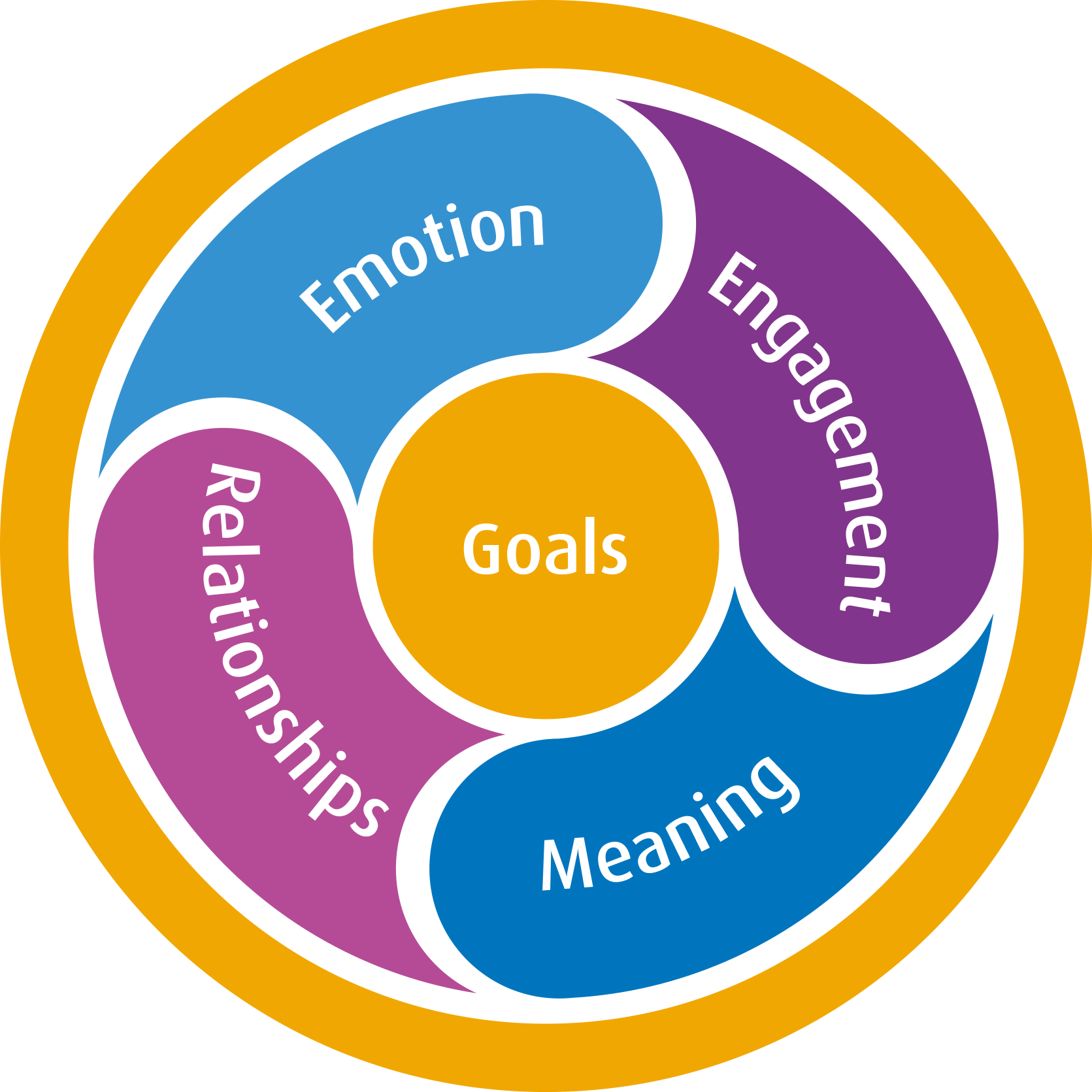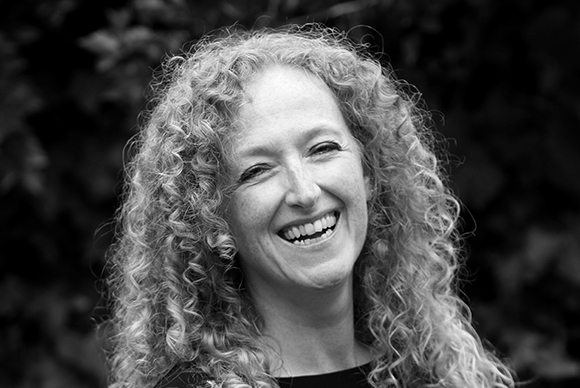What is positive psychology?
Positive psychology is the scientific study of optimal performance and wellbeing, and is contributing new, powerful insights and proven strategies to help individuals, organisations and communities thrive.
By challenging traditional psychology which focuses largely on the negative, positive psychology aims to cultivate flourishing by understanding what is good in people and life, in order to help individuals live happy, productive, healthy and fulfilling lives. Far from ‘happyology’, positive psychology is a rich study of what makes life worth living in all its complexity.
What factors contribute to wellbeing and resilience?
Many scholars have focused on maximising the benefits of five underlying factors: positive emotions, engagement, meaning, relationships and accomplishment (often known as PERMA). (1)

These positive factors, while not the only beneficial ingredients underpinning positive psychology, can be seen as building blocks or drivers that maximise wellbeing and gear people and human systems toward flourishing and away from stress and burnout.
Positive Emotions – Amplifying positive emotions and minimising the impact of negative emotions
Positive Engagement – Engaging in activities and environments that energise and enhance satisfaction, fulfillment and connectedness
Positive Relationships – Building positive relationships that are a source of support, energy and enrichment to the individual, those around them and the wider society
Positive Meaning – Reinforcing positive meaning where people feel like they are engaging in purposeful work and a worthwhile life that brings value to themselves and others
Positive Goals – Pursuing positive, self-concordant goals and striving to master and accomplish them
What outcomes can people achieve by applying positive psychology?
“The quality of your life is directly related to the quality of your emotions”
Sue Langley
In a landmark meta-study, leading positive psychologists brought together over 200 studies conducted on 275,000 people worldwide (2). Research highlighted shows that happier people are:
• Healthier
• Living longer
• Less accident prone
• More successful
• More productive
• More creative
• Faster thinking
• Harder working
• Higher earning
• More caring and altruistic
• More socially engaged
• Likely to consider themselves lucky
In the workplace, employee satisfaction, engagement and wellbeing are all factors that drive business outcomes and performance and prevent stress and burnout.
“Emerging research makes the link between a thriving workforce and better business performance absolutely clear. Happiness can have an impact on at both the company and the country level.”
Harvard Business Review
How can you learn the practical tools and techniques to practice positive psychology in your everyday life?
The Langley Group’s free eBook ‘7 Ways to Apply Positive Psychology’ introduces you to some of the most practical and research-backed ways to apply positive psychology to increase happiness, wellbeing and effectiveness—in your life, at work, at home and with the people you care for, help and lead.
Download your free eBook here.
The Langley Group Institute also offers the world’s only 10653NAT Diploma of Positive Psychology and Wellbeing: inspiring applications in real-world contexts, synthesising the science of positive psychology, emotional intelligence and neuroscience into simple, practical tools that anyone can use to increase individual, collective and business wellbeing.
What can you do with your learnings?
Tom Slowinski (Senior Consultant Physiotherapist) was drawn to positive psychology whilst recovering from stage 3 bowel cancer, and its associated anxiety and stresses. Tom says, “the course was about actually practicing the relevant positive psychology principles and experiencing/evaluating the effects for myself (unlike any other course/study I have done). It has had a positive impact on our kids and on our family as a whole and gave me the tools and theoretical understanding to make many positive changes to my life and those around me”.
Scott Nell (Organisational Development and Leadership – Schneider Electric) says, “all of the key foundational pieces that we learnt during the diploma have been welcomed with open arms in Schneider Electric and we are implementing them all over the place in lots of different ways. As a result, we won our internal leadership awards and we were finalists at the AHRI (Australian HR Institute) Awards in 2017. We see the statistics on glass door changing, and we moved into Ranstad’s top 10 employers of choice survey in 2017.”
Stephanie Noon represented Australia in the World Masters Athletics in September 2018, winning a gold and silver medal and breaking two Australian records. “To keep me mentally strong and able to attend all trainings for the World Masters, I leant into many of the tools that I had learnt on the Diploma. I absolutely know that this level of achievement would not have been possible had I not had this range of Positive Psychology tools to support me.”
In the words of another course graduate (see video below), “if everyone did this course, the world would be vastly, vastly different.”
The 10653NAT Diploma of Positive Psychology and Wellbeing is currently run as an open-programme all over Australia, and can be run in-house globally. Learn more about the course here.
References
- Seligman, M.E.P. (2011). Flourish: A visionary new understanding of happiness and wellbeing. Simon & Schuster.
- Lyubomirsky, S., King, L. & Diener, E. (2005). Ibid.
- Harvard Business Review. (2012). The Happiness Factor, January-February.


